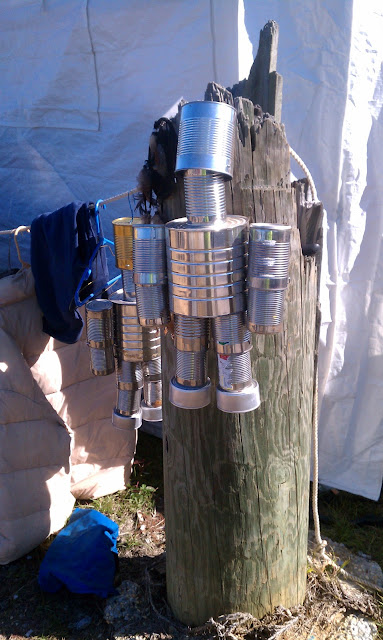Everyone
called Elloise mad when she insisted on taking half of everything
during her divorce from her husband Earl. Half of everything isn't
uncommon, half the money, half the possessions, and in these
respects, she was reasonable. She took half the books, half the
dishes. She took one of their two dogs. With singular items, however,
her madness showed. They had only one house, and she wanted half of
it. Earl proposed they sell the house and split the proceeds, but
Elloise was not satisfied. She wanted half the house. He protested,
but she ignored him and took a chainsaw to the walls. In the end, she
had half a house. She was crazy, they would say, certifiably nuts.
Then one day, she met a divorced man named Ray who also owned half a
house. They talked, they fell madly in love, and with a little
carpentry, they were able to make a new house out of their two
literal broken homes. The neighbors agreed, theirs was a relationship
of pure insanity, but all relationships and all people have their
insanity, and as Elloise and Ray would say, love is finding the crazy
that matches your own.
Originally mailed to J. Dunn from d'Iberville, Mississippi



















